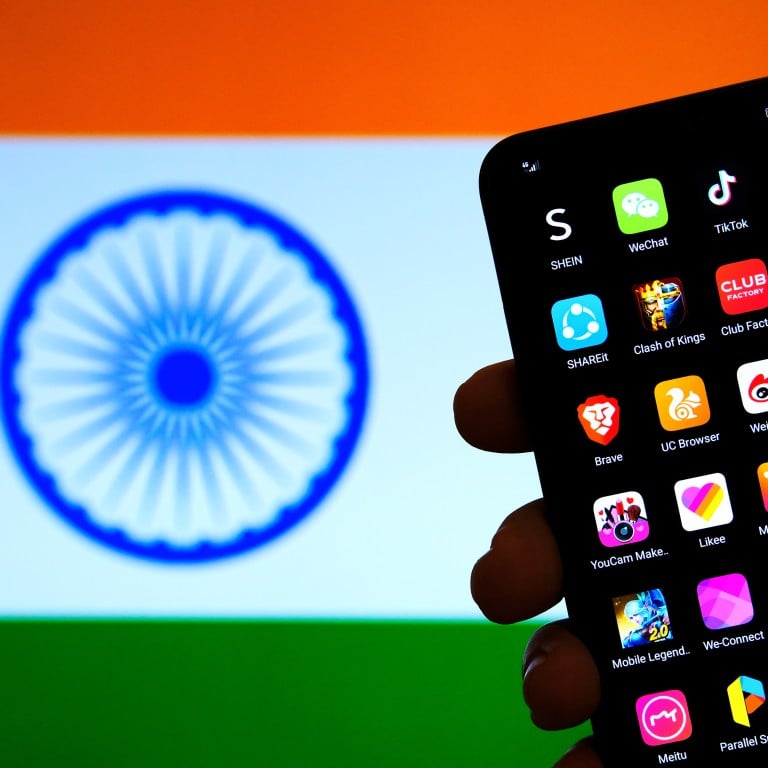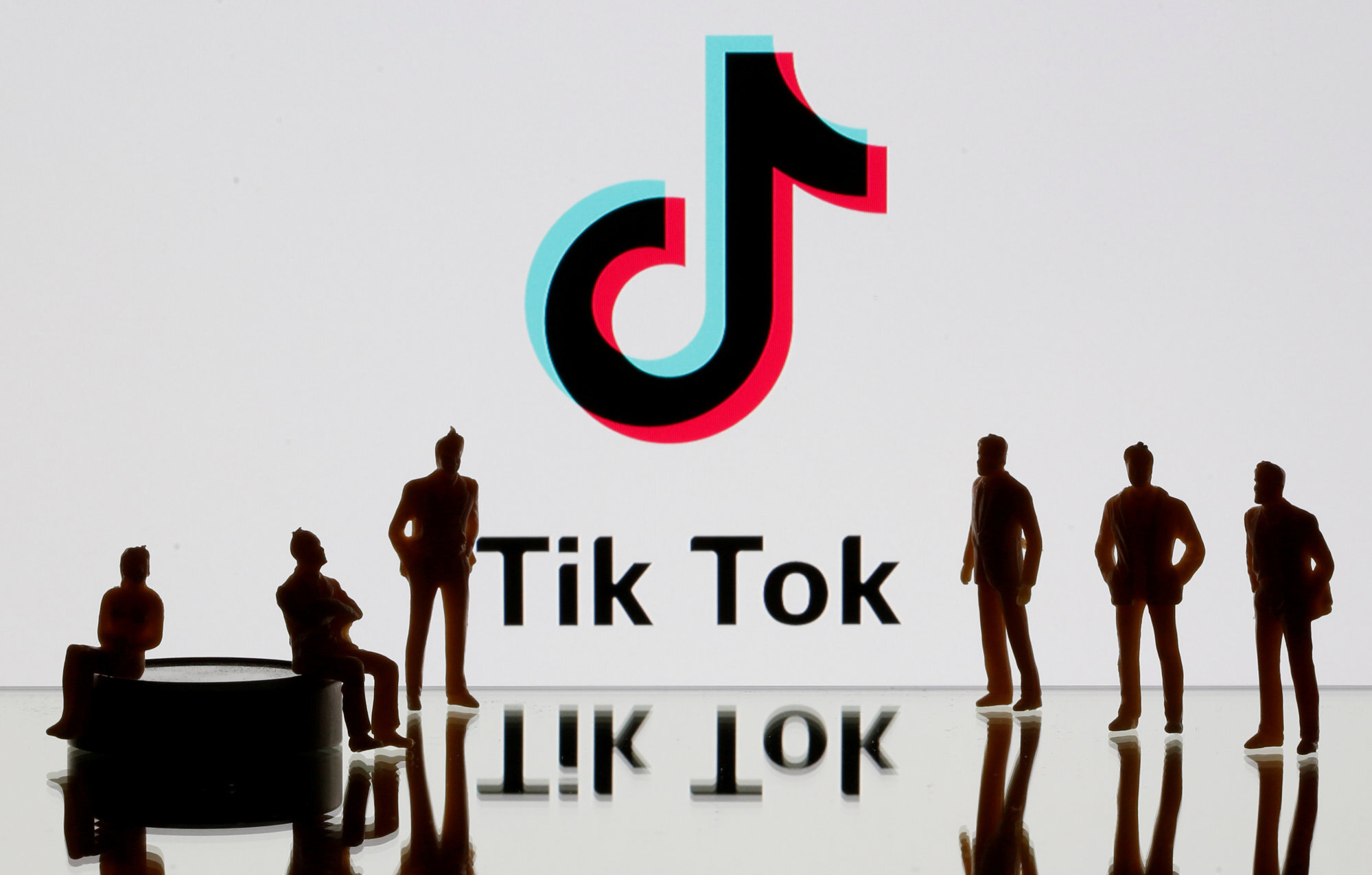
Chinese tech start-ups throw in the towel in India as New Delhi stands firm in blocking apps from mainland companies
- India has banned more than 270 Chinese apps since June 2020, when tensions heightened between the two countries after a deadly Himalayan border clash
- New Delhi’s firm stand against Chinese apps marks a big blow for mainland tech firms, forcing them to rethink their overseas expansion plans
The Chinese developer has seen two of its video games taken down from the App Store and Google Play Store in India, and their internet protocol addresses banned, according to Li. That means even users who have already installed the apps for the games were denied access online.
While India is seen by many Chinese tech companies as fertile ground to grow their businesses by replicating experiences at home, New Delhi’s firm stand against Chinese apps marks a big blow for these mainland firms, forcing them to rethink their overseas expansion plans.
“For any tech firm, India is an indispensable market,” said Zhang Xiaorong, director of research institute Shendu Technology. He indicated that India’s population is drawing close to China’s, but the South Asian nation only has 700 million total internet users, which represents a much lower rate of penetration than on the mainland.
Before the Indian government’s crackdown, Chinese firms accounted for six out of the 10 most downloaded apps in the nation, according to a report by MacroPolo, a think tank run by Chicago-based Paulson Institute.
India bans 54 Chinese apps as tensions rise between New Delhi and Beijing
Two months before it was banned, Bigo Live had more than 22 million monthly active users in India. At that time, the app was the second-largest Chinese non-game app by overseas revenue behind TikTok, according to data from app analytics firm Sensor Tower.
The ban ultimately spoiled the company’s plans to establish Gurugram, a city southwest of New Delhi, into its regional development centre, which later prompted some key employees to quit, according to Qiu.
The company also went through a restructuring after its debacle in India. JOYY founder David Li regained control of Bigo Live from company co-founder Jason Hu in February last year, according to Chinese media reports.

TikTok, which generated around 30 per cent of its total worldwide downloads from India before the ban, “essentially withdrew” from doing business in the country, despite efforts to negotiate with New Delhi, according to a Nikkei Asia report last February, citing sources familiar with the company.
“Given the lack of feedback from the government about how to resolve this issue in the subsequent seven months, it is with deep sadness that we have decided to reduce our workforce in India,” TikTok said in a statement in response to that report.
TikTok has become “completely unusable” in India since the ban, according to a report by Chinese media Phoenix Weekly. By comparison, messaging app WeChat can still be used in some regions of India and Rotta Games can be accessed by users via virtual private network.
Following TikTok’s exit, the market share of Chinese apps in India sank to 29 per cent at the end of 2020 from 38 per cent the year before, according to a report by analytics firm AppsFlyer.

Some previously banned apps, however, have made a comeback in India.
Still, the Indian government would not allow rebranded apps to substantially expand their user base, according Zhang Xuefeng, an analyst at research institute Kandong.
“These apps would only barely maintain operations,” Zhang said. “Once they develop to a certain scale and develop a new market, they will encounter new pressure from the Indian government.”
Other rebranded Chinese apps have managed to elude scrutiny for some time until they were recently banned by the Indian government, according to The Economic Times report.
For Li of Yotta, the company has encouraged Indian users who still want to use the firm’s app to adopt a certain method.
“We provide an APK (Android package kit) on the official website for Indian players to download or send the package to Indian players via Gmail,” Li said
He indicated that the Indian ban has not hurt Yotta’s overall business, as the company sharpens its focus on expanding in Japan, South Korea and European countries.
“Compared with companies, users are the ones who have been hurt most [by the ban],” he said.



